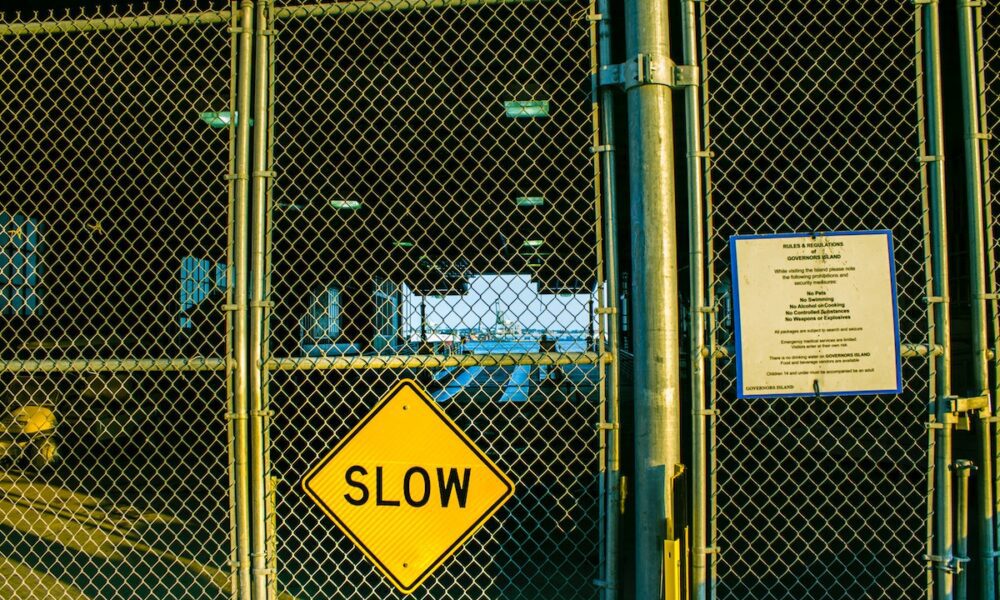The hype and speculations around the Metaverse hit an all-time high in 2021. In fact, mentions of the keyword ‘Metaverse’ rose by over 135% in Q4 earnings transcripts following Facebook’s Meta announcement. This marked a smooth inclusion under the “niche” market umbrella that includes cryptocurrencies as well. Similar to digital assets’ rise over the years, regulatory concerns have now fueled a ‘blurry’ narrative around the same.
And, many are worried the Metaverse could soon fall prey to the same.
Avoid repeated mistakes
Tusk Ventures CEO and founder Bradley Tusk, in an interview on CNBC’s “Closing Bell,” shared his views on the aforementioned aspects. Uncertainty in crypto-regulations has been the primary reason why some individuals or firms have stayed away from it. That’s a fact.
As per the CEO, the failure to regulate cryptocurrency and social media effectively in the United States is “really good lesson for how we should handle the Metaverse.”
Needless to say, he urged U.S policymakers to “get ahead” of the Metaverse and implement regulations on an urgent basis.
“Our policy has been that we wait for technology to be introduced to gain market fit and traction [before introducing regulation]. It’s very hard to do that retrospectively,” he said.
Furthermore, the chief executive opined,
“We know the Metaverse is coming — it’s already here in some ways. We know it’s got all the problems of the internet, probably times five or ten. So why don’t we think about it now, and get ahead of it?”
On the same day of the interview, he published a blog focusing on the same issue(s). In the same, expressed the need for regulations.
“The problems we have regulating technology companies now will be reproduced and amplified in the Metaverse. You think policing state-sponsored disinformation is hard on Facebook and Twitter? Wait until you try it in 3-D.”
Tusk told CNBC that policymakers’ inaction has left citizens without basic protections.
“We don’t have basic rights about who owns what data, how can we transfer it, how can we take it down. Those are all basic things that I think at this point we have a right to expect our government to handle. And when the Metaverse comes, it’s just going to be that much more extreme.”
Regulatory watchdogs are unable to develop specific regulations for the Metaverse until they have a better sense of what’s coming.
What’s at stake here?
The Metaverse would be a place where traditional boundaries of personal data, property, and privacy are thrown wide open.
4/We break it down into core areas: data ownership, privacy, portability, speech, safety, moderation, consumer protection, worker classification, taxation and finance + how we should approach government, religion, healthcare + gaming
— Tusk Venture Partners (@tuskventures) January 31, 2022
Big players moving in
Different renowned proponents have expressed their interest in this sphere in the past. For instance, Apple CEO Tim Cook said during an investors’ call that metaverse applications have a lot of potential. His company would invest in augmented reality developments on its devices.
This news was enough to catapult metaverse-related tokens by up to 36%. Including Flow, The Sandbox (SAND), Decentraland (MANA), Enjin Coin (ENJ), and more.


